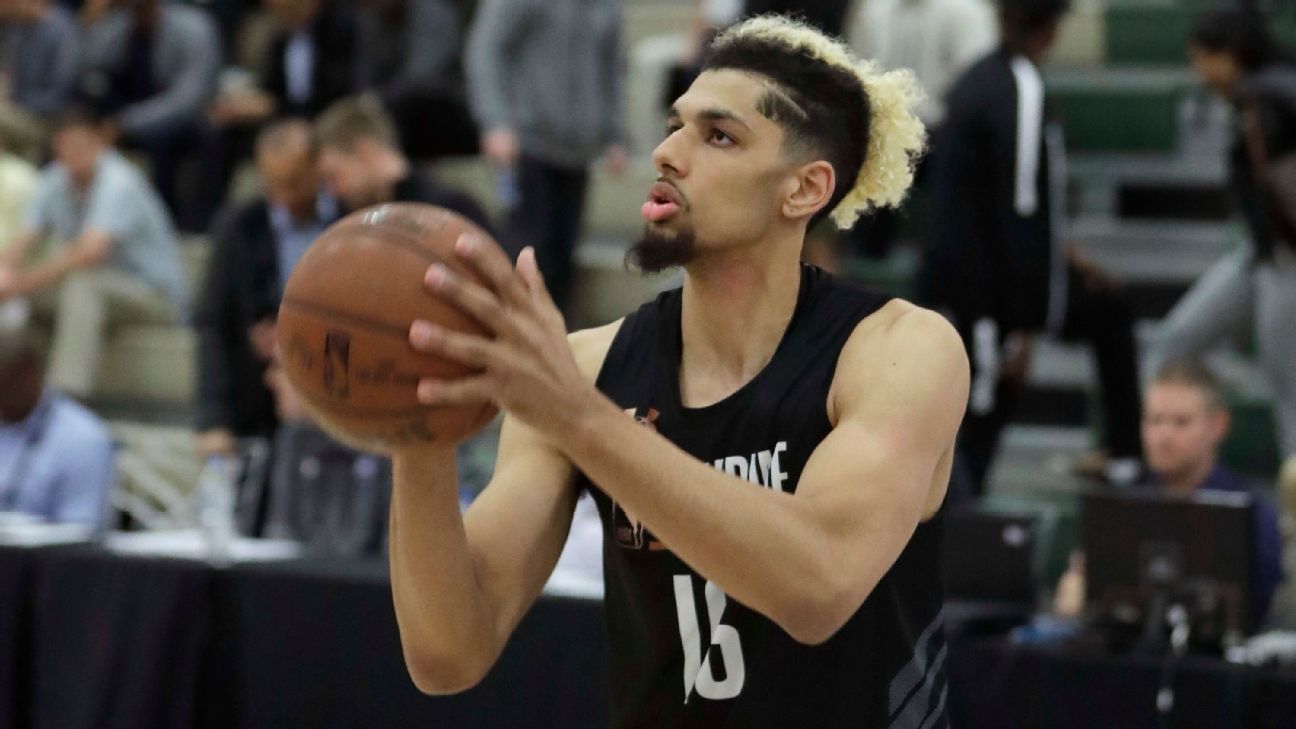A federal judge in South Carolina on Wednesday dismissed former Louisville signee Brian Bowen Jr.’s lawsuit against Adidas and others who he claimed derailed his NBA career by promising to pay his father $100,000 to ensure that he signed with the Cardinals in 2017.
Bowen, a five-star recruit from Saginaw, Michigan, sued Adidas America, Adidas employees Chris Rivers and James Gatto, former Adidas consultants Merl Code and Thomas “T.J.” Gassnola, former NBA runner Christian Dawkins and financial manager Munish Sood in November 2018, alleging they violated the Racketeer Influenced and Corrupt Organizations (RICO) Act by engaging in bribery, fraud and money laundering at the expense of his NCAA eligibility and athletic development.
“The Court is mindful of the public discourse about the exploitation of student-athletes and here, Brian Bowen, II was a small spoke in a much larger wheel of the broader recruitment scandals and challenges currently facing college basketball,” U.S. District Judge Joseph F. Anderson wrote in his ruling.
“First and foremost, the Court does not doubt that Bowen Jr.’s life was upended by the revelation of payments to his father and the University of Louisville’s decision to withhold him from NCAA competition,” the ruling said. “Nor does the Court ignore the prosecution of certain individuals involved in making those payments to Bowen Jr.’s father. But while Plaintiff devotes most of his arguments to these undisputed facts, they are not relevant to the Racketeer Influenced and Corrupt Organizations Act’s (“RICO”) statutory standing requirements.”
Louisville officials ruled Bowen ineligible in September 2017, and he transferred to South Carolina for the 2018-19 season. But the NCAA ruled him ineligible again and he never played in a college game. He played one year in Australia and signed a two-way contract with the Indiana Pacers in June 2019. He averaged 2.5 minutes in six games with the Pacers this past season.
“The Court agrees Plaintiff had no right or guarantee to be drafted, only an expectation,” the ruling said. “Student-athletes do not have a property right in their anticipated professional careers. Furthermore, because Bowen Jr. asserts that he lost future earnings due to a personal harm-a purported reduced ability to play basketball from not playing in the NCAA-those claimed lost earnings would still not be cognizable under RICO. Bowen Jr. had a mere expectation of (and not an entitlement to) a lucrative professional career, and that expectation-no matter its likelihood-is not a cognizable business or property interest under RICO.”
